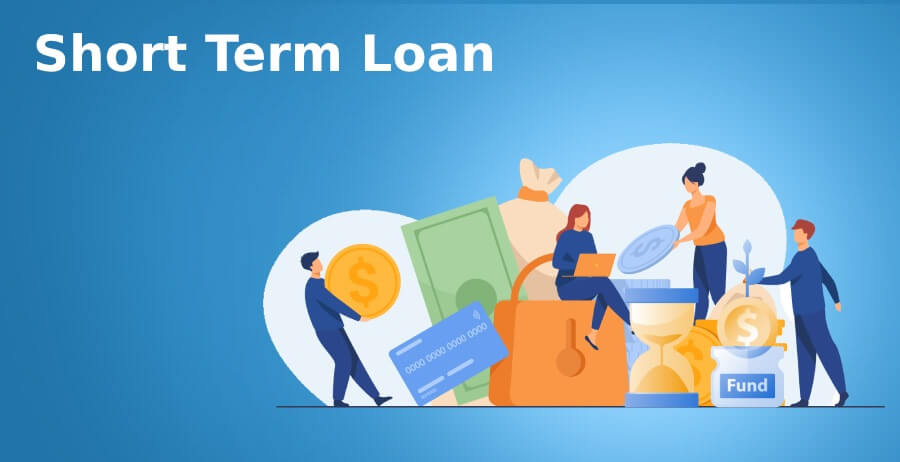
Short-term loans are financial products designed to provide quick access to funds for a relatively brief period. Unlike long-term loans, which may stretch over several years, short-term loans typically have repayment tenures ranging from a few weeks to a couple of years. They are usually chosen by individuals or businesses that need immediate financial assistance to cover urgent expenses, manage cash flow, or bridge temporary gaps in funding. This section offers a general overview of short-term loans, their features, uses, and important points to know.
A short-term loan is a type of credit that is borrowed for a smaller duration compared to traditional long-term loans. It can be unsecured or secured, depending on the lender and the applicant’s profile. These loans are often designed to provide quick relief for urgent financial requirements and are generally repaid in monthly installments or lump sums, depending on the agreement.
Many individuals and businesses turn to short-term loans for a variety of purposes. For individuals, these loans might help in handling medical expenses, education-related costs, emergency travel, or unexpected household repairs. For businesses, short-term loans can be used to cover working capital shortages, purchase inventory, or handle seasonal fluctuations in revenue. Their quick processing and flexibility make them a practical solution for immediate needs.
The defining feature of short-term loans is the limited repayment tenure. Since the borrowing period is shorter, the loan amounts are usually smaller compared to long-term credit. Another characteristic is the quicker approval process, as many lenders provide funds within days or even hours of application. However, borrowers should be aware that interest rates can sometimes be higher because of the short duration and the quick access to funds.
Eligibility for short-term loans generally depends on income stability, repayment capacity, and credit history. Some lenders may also assess employment details or business turnover in case of commercial loans. While these loans are convenient, it is important to borrow only what is necessary and ensure that the repayment schedule is manageable within your financial situation.
Short-term loans can be highly beneficial because of their speed and flexibility. They help in meeting immediate requirements without the lengthy approval processes often associated with long-term loans. Quick disbursal, smaller loan amounts, and flexible usage are some of the key advantages. They also allow borrowers to repay the debt faster, which means they are not tied to long-term commitments.
While short-term loans are useful, they should be approached with caution. Borrowers should carefully read the terms, including interest rates, processing charges, and repayment schedules. Missing repayments can affect credit scores and create additional financial pressure. Comparing multiple lenders and assessing affordability is always advisable before finalizing any borrowing decision.
Short-term loans provide a practical way to access funds quickly for urgent or temporary needs. They are flexible, fast, and helpful in managing unexpected financial challenges. However, like any loan, they should be managed responsibly. Understanding the basics and planning repayment carefully can ensure that short-term loans serve as a helpful financial tool rather than a burden.